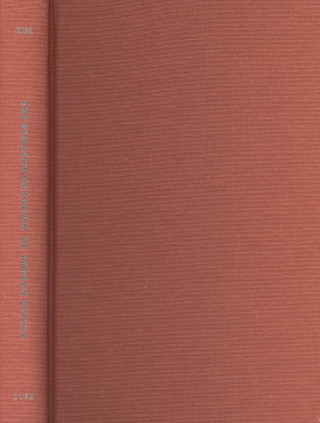
Kod: 04937935
Remasculinization of Korean Cinema
Autor Kyung Hyun Kim
In one of the first English-language studies of Korean cinema to date, Kyung Hyun Kim shows how the New Korean Cinema of the past two decades has used the trope of masculinity to mirror the profound socio-political changes underwa ... więcej
- Język:
 Angielski
Angielski - Oprawa: Twarda
- Liczba stron: 344
Wydawca: Duke University Press, 2004
- Więcej informacji o książce

134.64 €
Zwykle: 134.70 €
Oszczędzasz 0.06 €
Dostępność:
50 % szansa Otrzymaliśmy informację, że książka może być ponownie dostępna. Na podstawie państwa zamówienia, postaramy się książkę sprowadzić w terminie do 6 tygodni. Gwarancja pełnego zwrotu pieniędzy, jeśli książka nie zostanie zabezpieczona.
Otrzymaliśmy informację, że książka może być ponownie dostępna. Na podstawie państwa zamówienia, postaramy się książkę sprowadzić w terminie do 6 tygodni. Gwarancja pełnego zwrotu pieniędzy, jeśli książka nie zostanie zabezpieczona.Przeszukamy cały świat
Zobacz książki o podobnej tematyce
-

Spain and the Independence of Colombia, 1808-1825
131.12 € -9 % -

DNA Sequencing Protocols
115.42 € -

Kaufman Speech Praxis Test for Children
35.41 € -

Recent Advances in Experimental Designs & Related Topics
147.62 € -17 % -

Collector's Guide to Cartoon & Promotional Drinking Glasses
14.18 € -25 % -

Die Maya - Götter im Regenwald, 1 DVD
8.34 €
Podaruj tę książkę jeszcze dziś
- Zamów książkę i wybierz "Wyślij jako prezent".
- Natychmiast wyślemy Ci bon podarunkowy, który możesz przekazać adresatowi prezentu.
- Książka zostanie wysłana do adresata, a Ty o nic nie musisz się martwić.
Powiadomienie o dostępności
Wpisz swój adres e-mail, aby otrzymać od nas powiadomienie,
gdy książka będzie dostępna. Proste, prawda?
Więcej informacji o Remasculinization of Korean Cinema
Za ten zakup dostaniesz 339 punkty
 Opis
Opis
In one of the first English-language studies of Korean cinema to date, Kyung Hyun Kim shows how the New Korean Cinema of the past two decades has used the trope of masculinity to mirror the profound socio-political changes underway in Korea. Since 1980, the country has transformed from an insular, authoritarian culture into a democratic and cosmopolitan society. The transition has fueled anxiety about male identity and, as Kim shows, amid this tension, empowerment has been imagined as remasculinization. He argues that the brutality and violence ubiquitous in many Korean films is symptomatic of Korea's ongoing quest for modernity and a post-authoritarian identity. Kim offers in-depth examinations of more than a dozen of the most representative films produced in Korea between roughly 1980 and 2001. In the process, he draws on the theories of Jacques Lacan, Slavoj Zizek, Gilles Deleuze, Rey Chow, and Kaja Silverman to follow the historical trajectory of screen representations of Korean men from self-loathing beings who desire to be controlled to self-sufficient subjects capable of destroying others. He discusses a range of movies from arthouse films including To the Starry Island (1993) and The Day a Pig Fell into the Well (1996) to higher-grossing, popular films like Whale Hunting (1984) and Shiri (1999). He considers the work of several Korean auteurs--Park Kwang-su, Jung Sun-woo, and Hong Sang-su. Kim argues that Korean cinema must begin to imagine gender relations that defy the contradictions of sexual repression in order to move beyond such binary struggles as those between the traditional and the modern or the traumatic and the post-traumatic.
 Szczegóły książki
Szczegóły książki
Kategoria Książki po angielsku Society & social sciences Society & culture: general Social groups
134.64 €
- Pełny tytuł: Remasculinization of Korean Cinema
- Autor: Kyung Hyun Kim
- Język:
 Angielski
Angielski - Oprawa: Twarda
- Liczba stron: 344
- EAN: 9780822332787
- ISBN: 0822332787
- ID: 04937935
- Wydawca: Duke University Press
- Waga: 671 g
- Wymiary: 235 × 154 × 27 mm
- Data wydania: 08. March 2004
Ulubione w innej kategorii
-

Women Who Run With The Wolves
15.39 € -19 % -
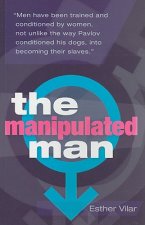
Manipulated Man
12.47 € -26 % -

Inuit Stories of Being and Rebirth
26.96 € -24 % -

The Mastery of Love
12.27 € -19 % -
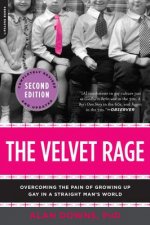
The Velvet Rage
16.19 € -23 % -

Culture of Critique
23.94 € -16 % -

Complete Persepolis
23.54 € -15 % -
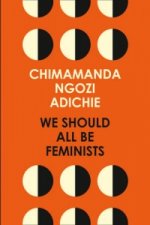
We Should All Be Feminists
6.93 € -30 % -

Second Sex
15.19 € -28 % -

Goddesses in Everywoman
12.27 € -21 % -
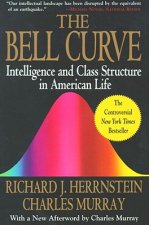
The Bell Curve
17.40 € -27 % -

Dancing on Our Turtle´s Back
19.61 € -24 % -

Nice Girls Don't Get The Corner Office
9.75 € -24 % -

Talking with Female Serial Killers - A chilling study of the most evil women in the world
10.25 € -28 % -

Black Rednecks & White Liberals
21.83 € -15 % -

Jewish Gospels
14.38 € -24 % -

How We Survived Communism and Even Laughed
14.18 € -21 % -

Vegas Diaries
16.70 € -20 % -

Border Lines
35.01 € -1 % -

Zohar
49.30 € -23 % -

Coming Apart
14.58 € -23 % -

Plot
16.70 € -17 % -

Women Who Run with the Wolves
9.85 € -16 % -

Orientalism
11.06 € -22 % -

Who Cooked the Last Supper?
19.82 € -6 % -

Qur'an
30.08 € -28 % -
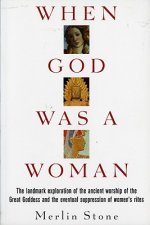
When God Was A Woman
19.61 € -1 % -
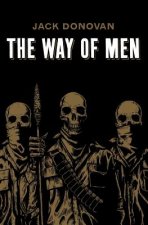
The Way of Men
13.27 € -22 % -
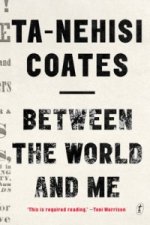
Between The World And Me
12.27 € -21 % -

Freedom Writers Diary
15.29 € -8 % -
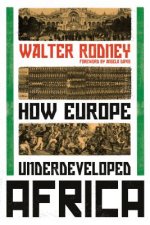
How Europe Underdeveloped Africa
22.93 € -

Empire of the Summer Moon
14.38 € -22 % -

Lean In
12.87 € -22 % -

Beauty Sick
11.26 € -28 % -

Witches, Midwives, And Nurses
11.87 € -2 % -
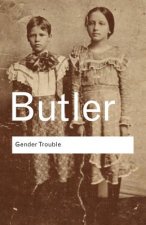
Gender Trouble
27.16 € -

Woman's Dictionary of Sacred Objects
27.36 € -4 % -

Indigenous Peoples' History of the United States
15.39 € -17 % -

Atlas of Indian Nations
33.70 € -25 % -
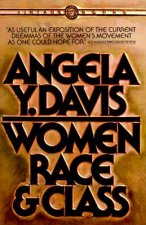
Women, Race, & Class
12.97 € -28 % -

Joy of Gay Sex
20.42 € -18 % -
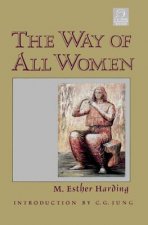
Way of All Women
30.18 € -15 % -

Tom of Finland. The Complete Kake Comics
21.12 € -
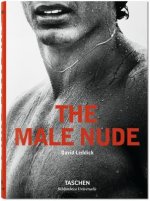
The Male Nude
18.31 € -8 % -

The Autobiography of Malcolm X
10.56 € -6 % -

Why Does He Do That?
16.49 € -13 % -
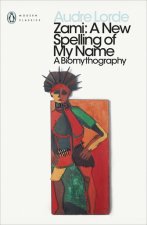
Zami
10.05 € -24 % -

Humans of New York
25.75 € -16 % -

Iron John
16.29 € -22 %
Osobní odběr Bratislava a 2642 dalších
Copyright ©2008-24 najlacnejsie-knihy.sk Wszelkie prawa zastrzeżonePrywatnieCookies


 Vrácení do měsíce
Vrácení do měsíce Zdarma od 49.99 €
Zdarma od 49.99 € 02/210 210 99 (8-15.30h)
02/210 210 99 (8-15.30h)